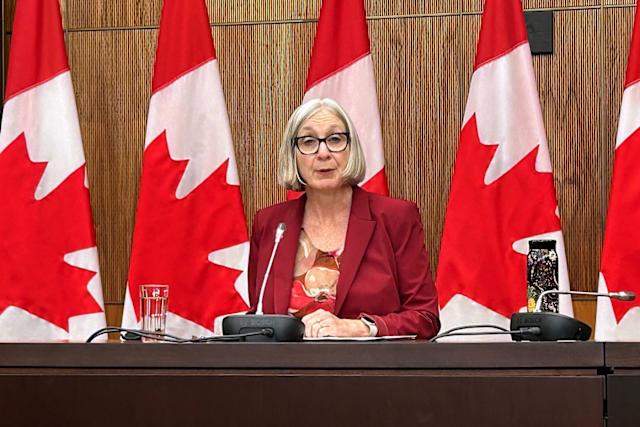The summer travel season in Canada faced significant disruption as over 10,000 Air Canada flight attendants initiated a strike early on Saturday, August 16, 2025. The work stoppage resulted in the airline halting more than 700 flights daily, stranding over 100,000 passengers worldwide during one of the busiest travel periods of the year.
The strike arose after eight months of tough negotiations between Air Canada and the Canadian Union of Public Employees (CUPE), representing the flight attendants. Key issues centered on compensation, particularly the attendants’ demand to be paid for the time spent working on the ground before flights take off and after landing. Currently, flight attendants receive wages only for hours spent in the air. While Air Canada proposed a 38% total compensation increase over four years—claiming it would make their flight attendants the best paid in Canada—the union argued that an initial 8% raise fell short of covering rising inflation costs.
Recognizing the escalating economic impact and the disruption to families and businesses reliant on air travel, Canada’s Jobs Minister Patty Hajdu stepped in to resolve the deadlock. Invoking her authority under Section 107 of the Canada Labour Code, she ordered binding arbitration and directed both parties to resume negotiations under the Canada Industrial Relations Board’s oversight.
“The prolonged strike was impeding the movement of passengers and critical cargo—including pharmaceuticals and organ tissues, 40% of which are transported by Air Canada,” Hajdu said. “It is essential to maintain industrial peace and protect Canadians during this challenging economic period.”
While the arbitration marks the official end of the strike, normal airline operations are not expected to resume immediately. Air Canada informed stakeholders that it may take up to five to ten days for flight schedules to return to full capacity as the company gears up for a gradual restart.
The strike action and resulting government intervention underscore the delicate balance between workers’ rights and economic stability in critical industries. With thousands of travelers affected, the resolution is a relief for Canadian and international passengers and an important signal of government commitment to maintaining essential services.
As arbitration progresses, all eyes remain on the talks, with hopes for a fair settlement that addresses flight attendants’ concerns while restoring uninterrupted air travel across Canada.
More than news- Its Icegate

